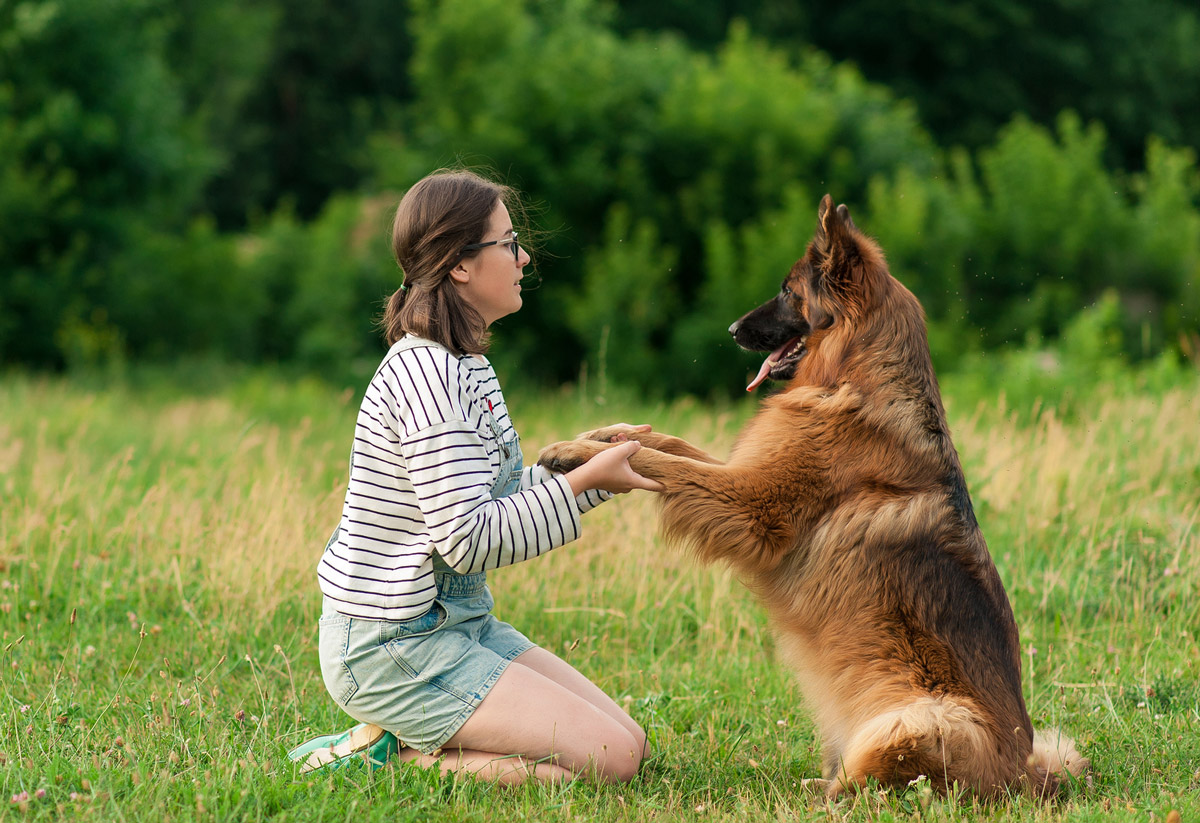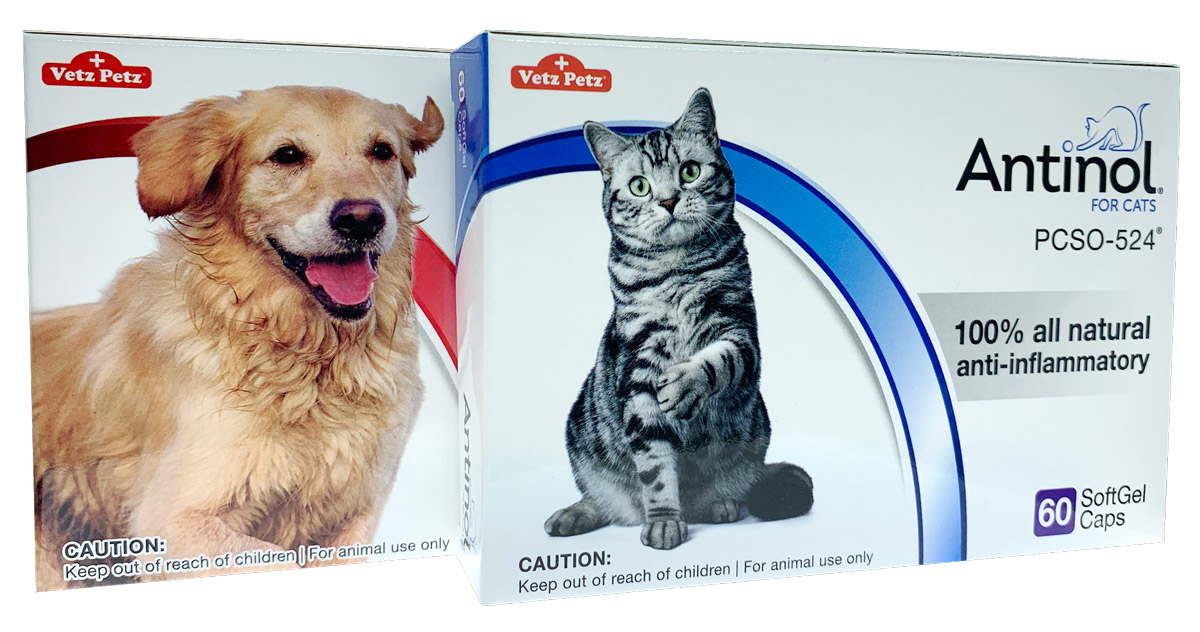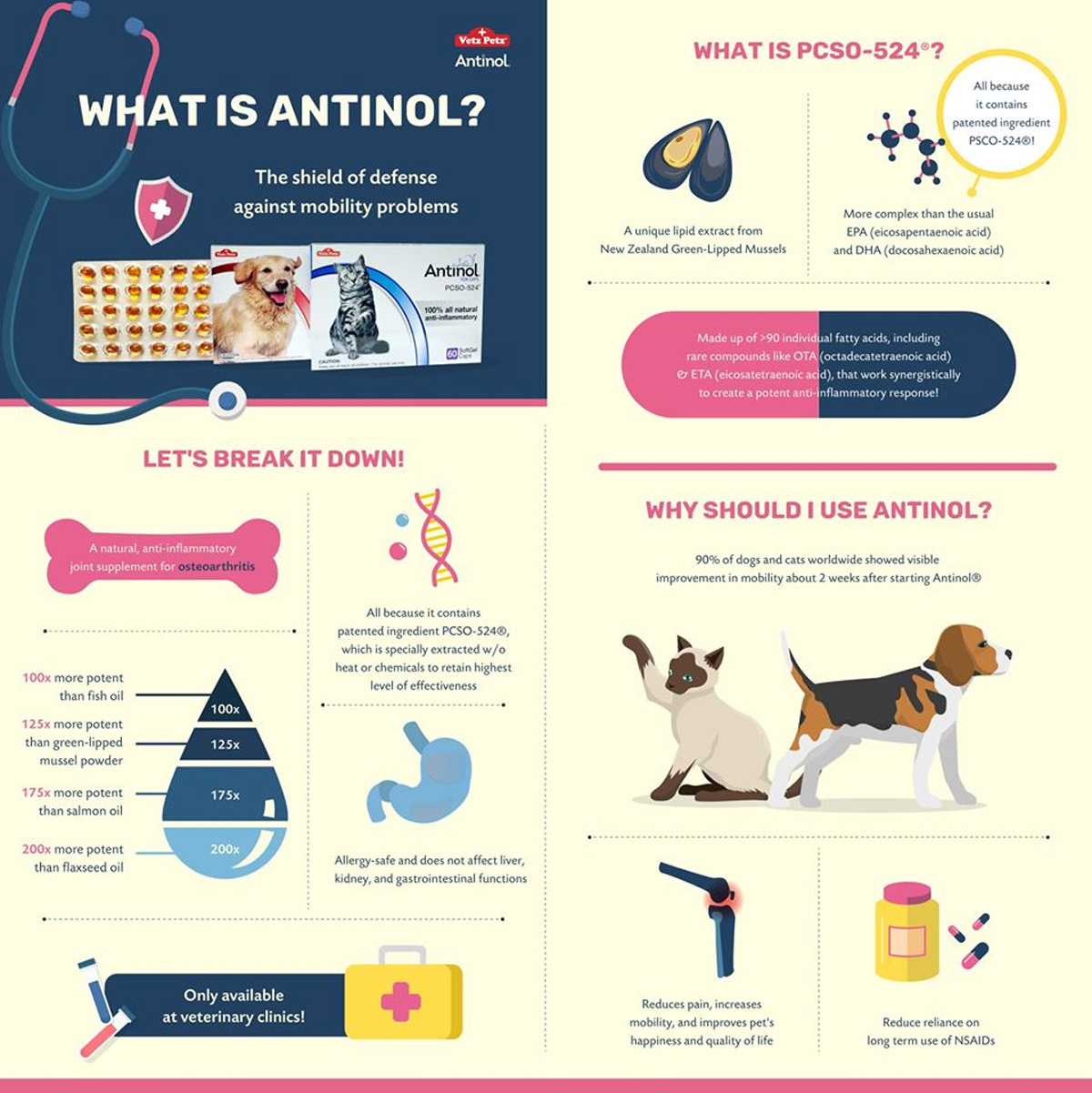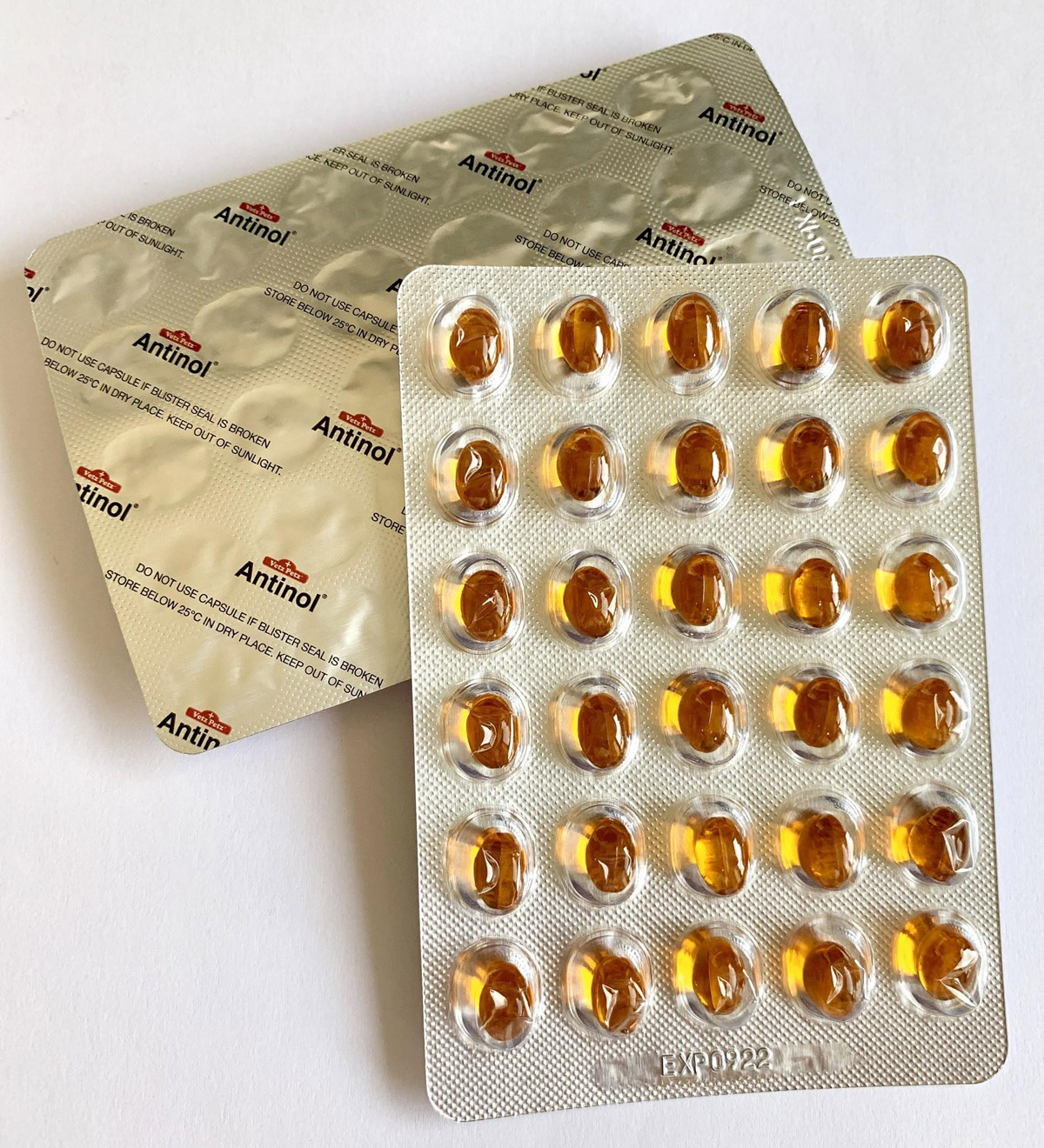How to Tell if Your Dog has Joint Problems

There’s a common misconception that a dog only experiences joint problems when it enters seniorhood. Unfortunately, joint problems can affect both young and old dogs, and it is much more prevalent than you think!
On that note, out of all the joint problems plaguing our four-legged friends, osteoarthritis (OA) is the most common cause of debilitating lameness in dogs. Not to be taken lightly, it’s best that we, as dog owners, are able to spot signs of OA early so that we can minimise the impact of it on our pet’s quality of life, so read on.
But first, what exactly is OA?

A degenerative joint disease, OA is one of the most common joint diseases in dogs and the most prevalent cause of lameness, as mentioned above. Not to be confused with sarcopenia, a condition where healthy dogs and cats lose lean muscle and develop weakness in the limbs as they age, OA is characterised by:
- The thinning of the joint cartilage
- Changes in the joint capsule
- A build-up of fluid in the joint (joint swelling)
- The formation of bony outgrowths around the joints.
As a result, OA causes inflammation, pain, and restricted flexibility of the affected joints, which lead to reduced movement and the wasting of the muscles supporting the joint. This makes the afflicted joints even more unstable and movements all the more painful, and ultimately, there’s a reduced quality of life overall for the dog.
So, how can you tell if your pet is suffering from OA?

Some dogs tend to hide their pain out of survival instincts that stem from their wild animal ancestry and pack behaviour. This makes it hard for their owners to discern signs of discomfort, and this is even more so with OA — its symptoms are not visibly apparent in the early stage and only show until the affected joint is severely impacted.
As much as possible, try to keep an eye out for these early warning signs:
- Slowness in getting up from lying down
- Moving slower
- Reluctance to jump, run, play, and climb stairs as before
- Difficulty in getting into position to urinate or defecate
- Weight gain
- Stiffness
- Irritability
- Pain when touched
- Loss of interest in playing and interacting
- Loss of muscle mass over spine and limbs.
If you’re unsure if your dog is suffering from OA, we recommend bringing your pet to a veterinarian for a professional diagnosis regardless. This is important because while OA is a painful and incurable condition, early detection and management can help to minimise lifetime discomfort and slow degenerative changes, plus offer more treatment options.
Is my pet inclined to develop OA?

Studies have shown that OA occurs in 20% of dogs aged 10 or older, but besides old age, there are other factors that can make your dog more susceptible to OA than others. These include obesity or injuries such as ligament tears or fractures, or they can be inherited. Some breeds that are genetically predisposed to OA include:
- Bassets
- Bernese Mountain Dogs
- German Shepherds
- Golden Retrievers
- Labrador Retrievers
- Mastiffs
If you know that your dog might be inclined to developing OA, make sure to bring your pooch for regular checkups in order to detect it as early as possible!
How can I help my pet fight against OA?

Prevention measures to reduce the risk of your pet developing OA or slow down the deterioration of the condition include weight loss to reach its ideal weight, dietary changes, and non-impact exercises such as hydrotherapy and massages to strengthen the muscles that support the joints.
You may also start your dog on a joint supplement that contains ingredients that have been clinically proven to reduce inflammation, such as Antinol®, which is a natural, anti-inflammatory supplement with a known track record for helping pets with OA.
If your pet has already been diagnosed with OA, treatment will usually focus on slowing down the progression of the condition through a combination of medical and non-medical treatments, which includes hydrotherapy, laser therapy, physiotherapy, and acupuncture. In severe cases, surgery might be needed to replace the joint or remove damaged tissue from it.
On top of that, consider adding useful accessories to your home. Orthopaedic beds and non-slip dog stairs and ramps are just some of the things that can make your dog’s life as comfortable as possible!
Antinol, the clinically-proven shield of defence against OA

Antinol® is a natural health supplement for osteoarthritis!
Joint supplements are necessary for a more foolproof, holistic joint care to ensure the best quality of life possible for your furmily member. Recommended by veterinarians, Antinol® is an all-natural anti-inflammatory supplement that you can include in your pet’s diet to enable pain-free mobility for it and more years of meaningful companionship with you.
Boasting an impressive track record of assisting many pets with OA worldwide in moving again, 90% of dogs and cats showed visible improvement in mobility about two weeks after starting Antinol®! This is because Antinol® is the result of decades of nutrition research, and at the heart of Antinol® is the patented ingredient PCSO-524® — a unique lipid extract from the New Zealand Green-Lipped Mussel.

Antinol® in a nutshell
Source: Antinol SG
Containing over 90 individual fatty acids including rare and novel compounds like OTA (octadecatetraenoic acid) and ETA (eicosatetraenoic acid) within the lipid matrix of PCSO-524®, it is so much more complex and effective than just the usual EPA (eicosapentaenoic acid) and DHA (docosahexaenoic acid) components!
These fatty acids then work synergistically to create a potent anti-inflammatory response, which reduces pain in your pet, increases mobility, and ultimately its happiness and quality of life.
Thanks to a special patented extraction process that employs no heat or chemicals, the effectiveness of PCSO-524® is also kept at its highest level.
In fact, Antinol® has been clinically-proven in the published medical journal, Inflammopharmacology, to be:
- 100 times more potent than fish oil
- 125 times more potent than green-lipped mussel powder
- 175 times more potent than salmon oil
- 200 times more potent than flaxseed oil.

Antinol® gel caps can either be swallowed whole or punctured to let out the liquid inside.
On top of that, Antinol® is allergy-safe because it only contains extracted lipids and no seafood proteins, which are usually found in powdered green-lipped mussels. The non-active ingredients in Antinol® (natural Vitamin E, gelatin, glycerin, and olive oil) are also 100% natural, making it safe to administer to all pets. Unlike non-steroidal anti-inflammatory drugs (NSAIDS), long-term use of Antinol® does not affect liver or kidney function either, nor does it adversely affect the gastrointestinal tract.
Currently the leading joint mobility therapy in Japan, many pet owners who have included Antinol® as part of their pet’s diet have testified that besides seeing an improvement in mobility, they’ve also noticed that their pet seems more lively, active, and happy after taking Antinol®.
If taken daily and combined with other elements of a multimodal intervention such as providing a correct diet, appropriate exercise, environmental support, and more, you’ll be able to ensure that your pet’s joints are well taken care of, which can help to slow down the progression of OA, or act as prevention against OA.
To get your pet started on Antinol®, it is currently available over-the-counter* at selected veterinary clinics and no prescription is required. Simply direct message @Antinolsg here to find out which clinics carry Antinol®, or if you have any enquiries regarding Antinol®!
*Note: Given the current Circuit Breaker situation, do give the clinic a call beforehand to find out if you can drop by to purchase Antinol®, or the earliest date that you’re able to do so.








